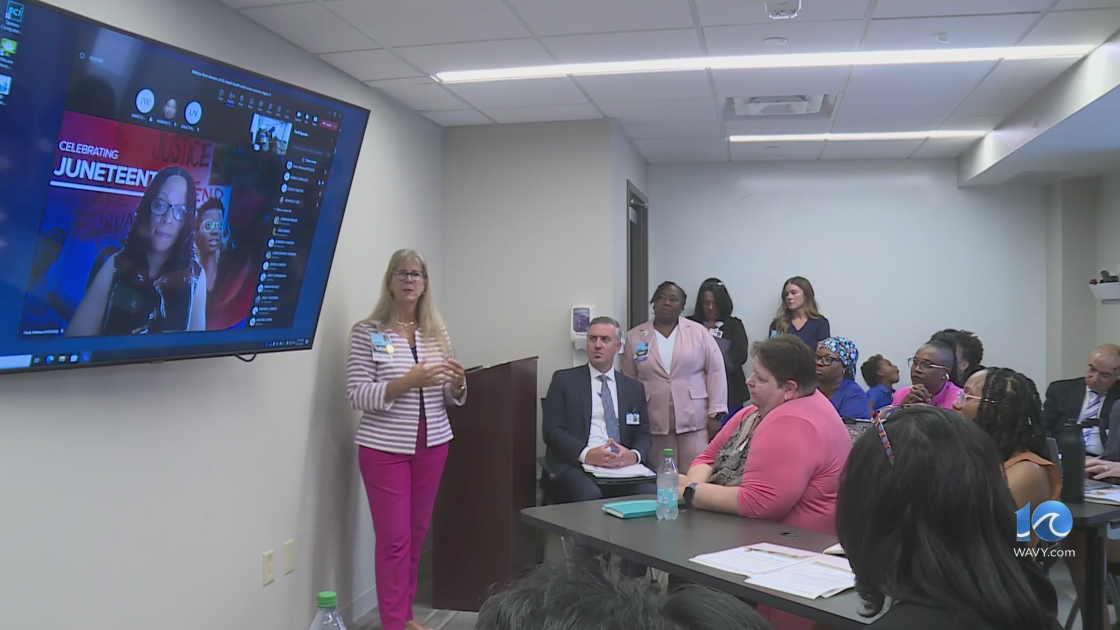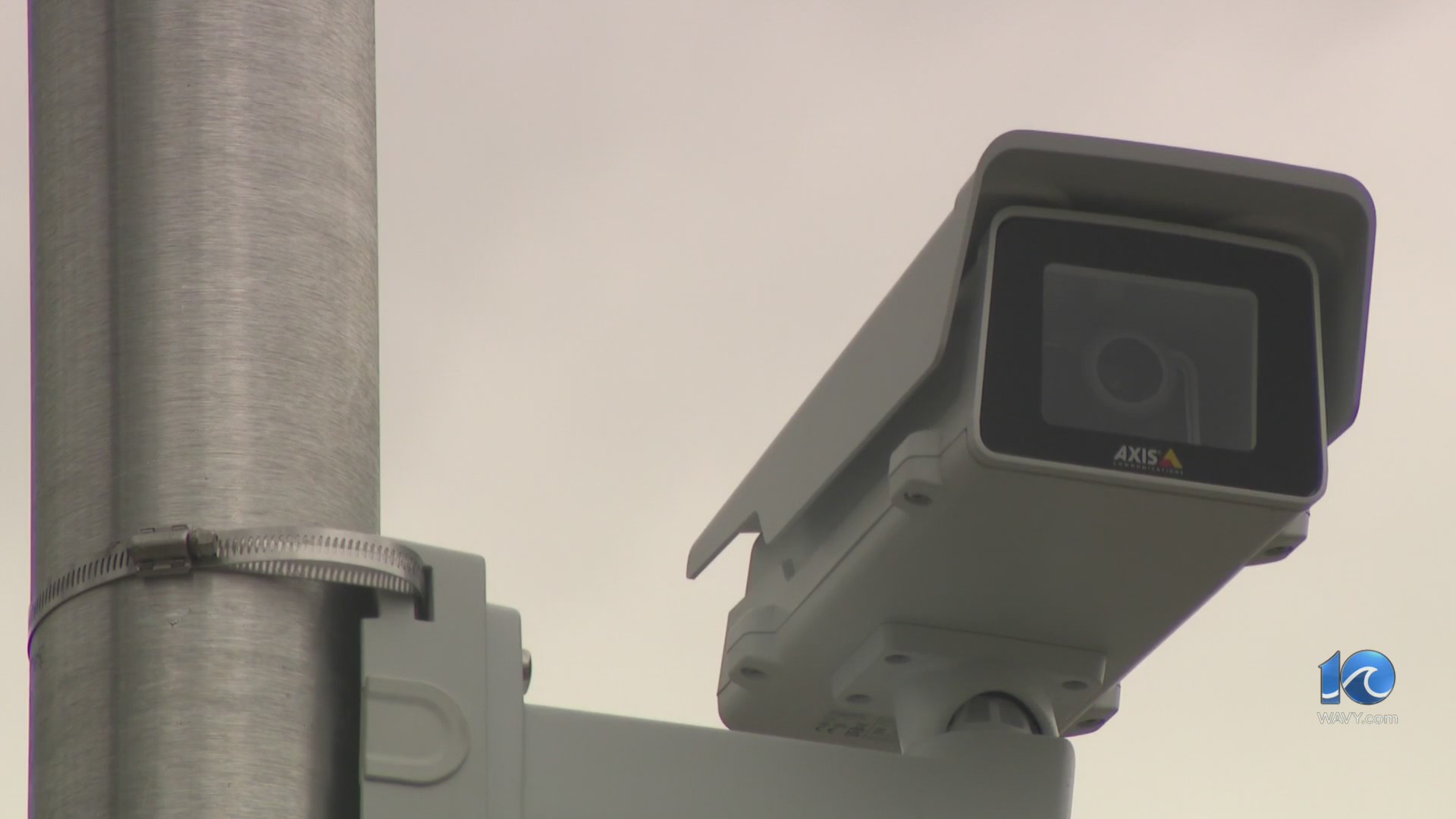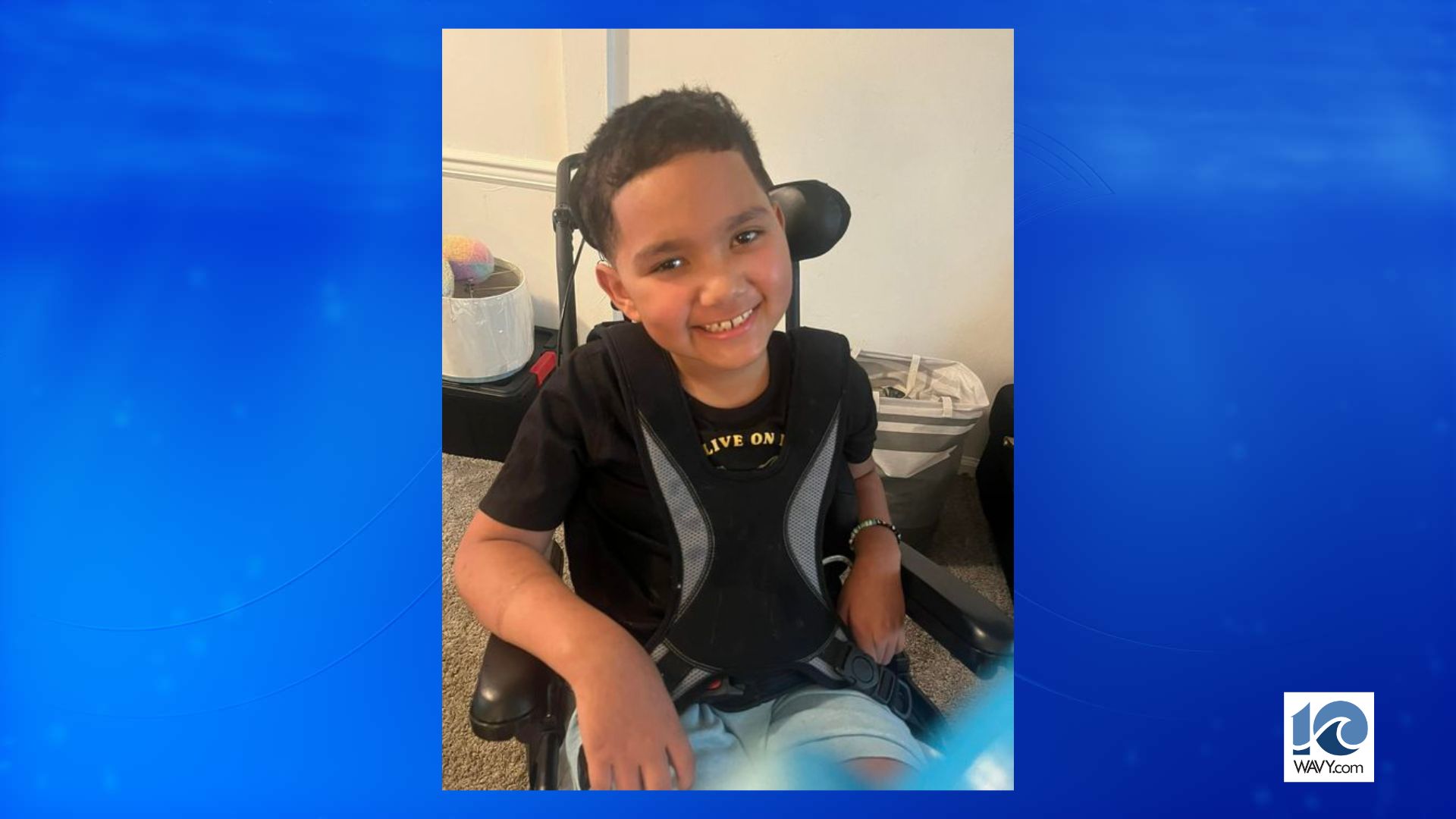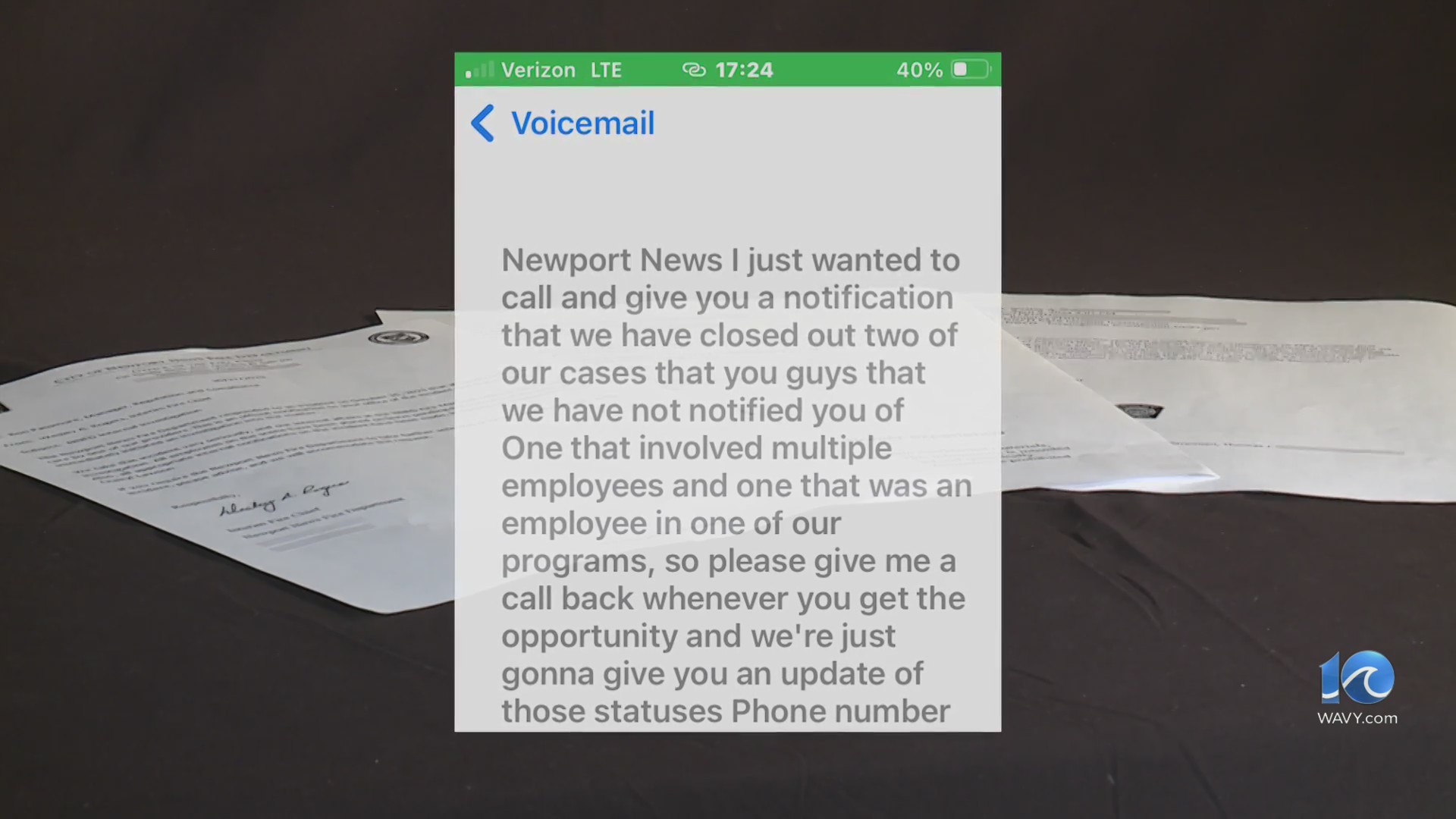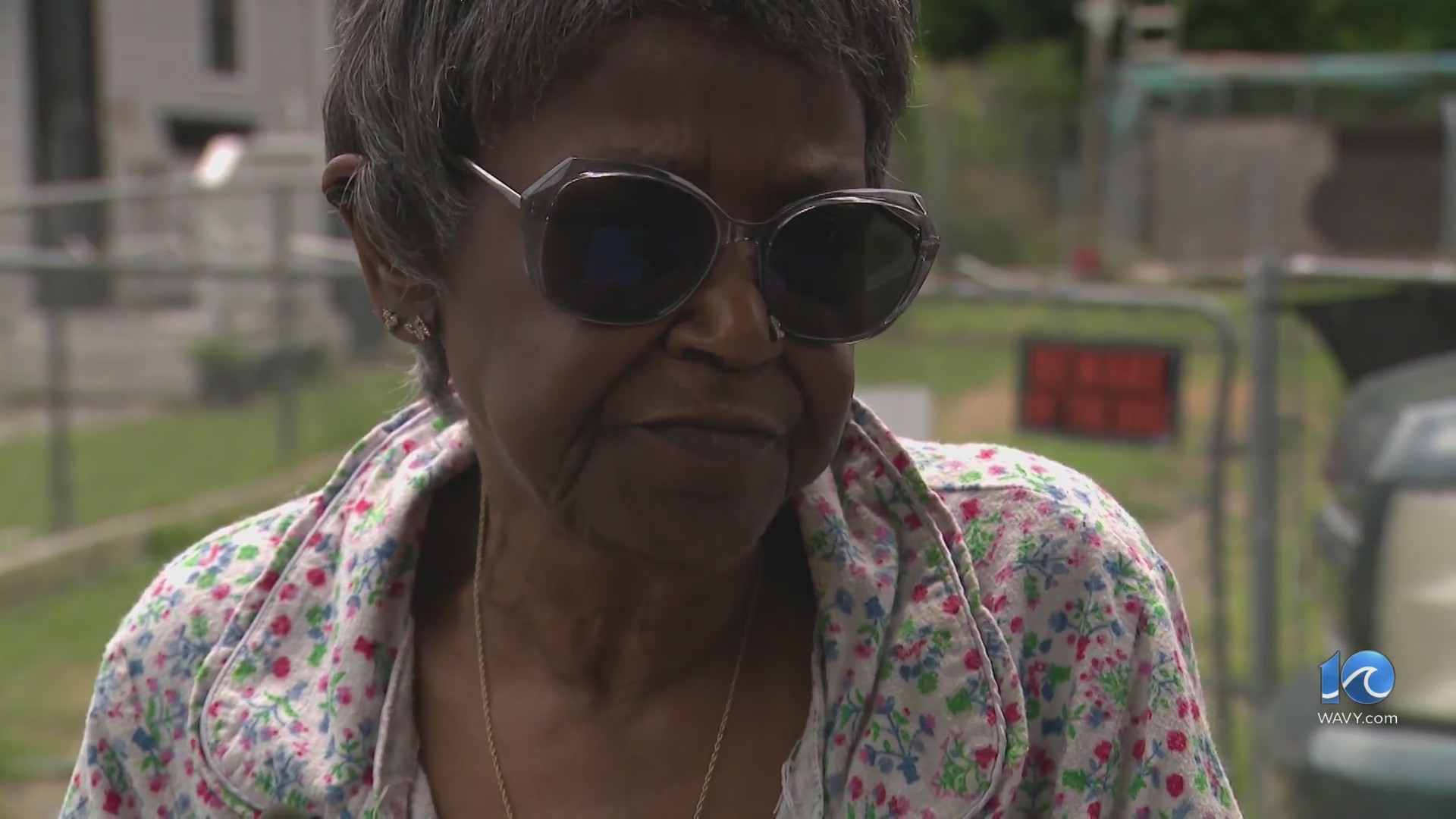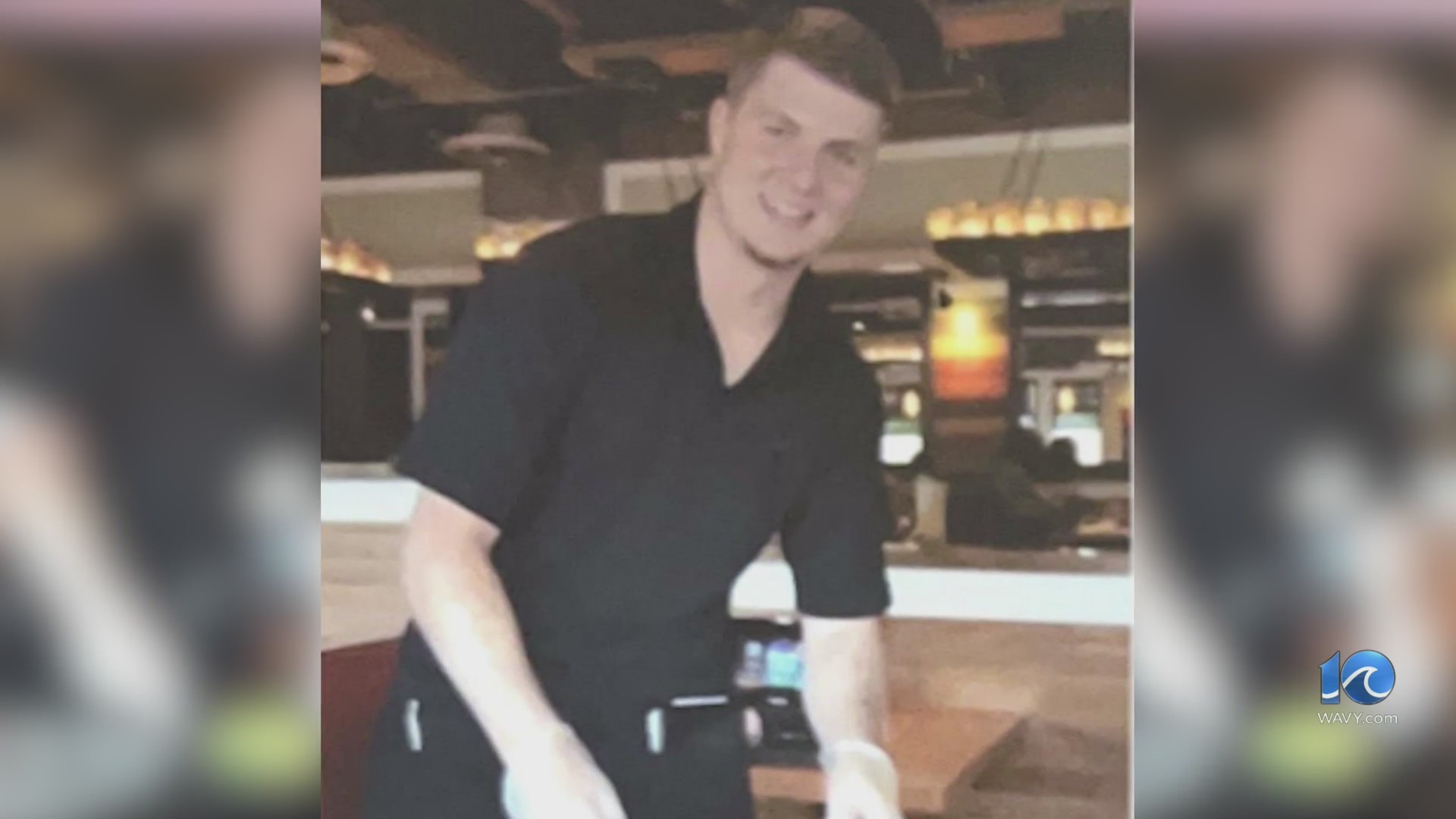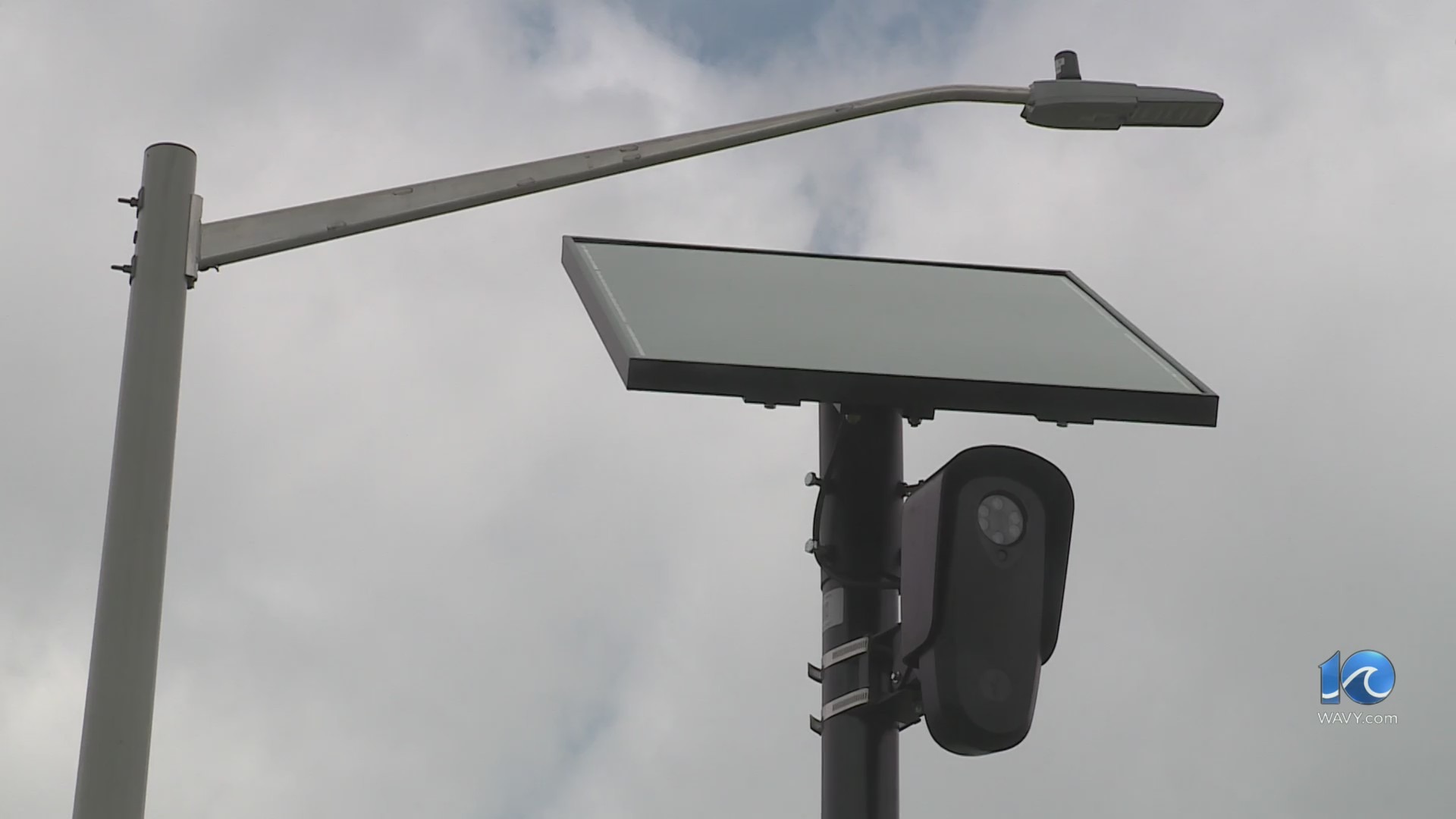PORTSMOUTH, Va. (WAVY) — The impact of the federal report on the Hampton Roads Regional Jail is inescapable — words that included “violate” and “constitutional rights.”
After the death behind bars of Jamycheal Mitchell in 2015, and then Henry Stewart a year later, Virginia Attorney General Mark Herring called for an investigation by the U.S. Department of Justice.
“The report outlined conditions that should not exist in that jail or any other jail in the state, and I’m hopeful that that is a wake up call,” Herring said.
PREVIOUS: DOJ: Hampton Roads Regional Jail in violation of inmates’ constitutional rights, federal law
Both Mitchell and Stewart had requested emergency medical attention, but didn’t get it. The DOJ found that in general, the jail’s medical care, mental illness care and use of restrictive housing were unconstitutional.
David Hackworth took over as jail superintendent last spring. 10 On Your Side asked him if he thought the report was largely accurate.
“I read the report. Whether it’s accurate I think it’s their perception.”
Since the report pertains to a time prior to his arrival, Hackworth won’t comment on the Justice Department’s many claims. Hackworth has 30 years of experience with jails, and says this one is unique.
“I don’t know that there are any regional jails, or for that fact any local jails, that have the accuity level that we have here.”
Hampton Roads Regional Jail has a much higher proportion of medical and mental illness cases among its population. A quarter of its 2017 $39 million operating budget was spent on medical and mental health services. The report says about three quarters of the population need care for chronic conditions — and about half are on psychotropic drugs.
Hackworth insists that his staff members use a three-way approach to improve jail conditions. “That’s relationships, communication and following up.”
The report also crticizes the jail for using restrictive housing for inmates with mental illness.
Hackworth says that has ended.
“That would not be correct and that’s something that I’m not going to do is put somebody in (restrictive housing) because they’re mentally ill.”
10 On Your Side spoke with the mother of a sick inmate who died in HRRJ several years before Mitchell and Stewart. Valerie Porch entered the jail in September 2007. She had pulmonary hypertension, and her mother Ernestine Lacey says, at first, the jail was providing Porch with medicine to manage it.
By April 2008, Lacey says the care became more and more sporadic. Her daughter hadn’t had her medicine for several days.
“They’d say they ran out and they would have to re-order it.”
Lacey recorded a phone call with Porch from the jail.
“Mom, if they don’t do something soon…” Porch said, her breathing labored, her voice weakening.
“These people are leaving me in here to die. It’s like they just don’t understand and I need to be in the hospital.”
“I told (a guard) if you got any God in you, please get the nurse in here. It’s my lungs, I can’t breathe sitting up or laying down.”
“They knew there was nothing else they could do for her at that point,” Lacey sobbed as she listened to her daughter’s last words for the first time in several years. “If they knew that, why wouldn’t they take her to the hospital?”
“She went to the authorities time and again,” said Philip Bradfield, an attorney who represented Lacey when she sued HRRJ for wrongful death. “She wanted them to take her to the local hospital, which is right down the road and nothing was done.”
“Do I have any rights, ma?” Porch asked toward the end of the 12-minute call. “My God, I’m sick. Do I have any rights?”
“Yes baby, You’ve got some,” Lacey assured her.
By noon the next day, Valerie Porch was dead. Bradfield says the jail’s autopsy records were a mess.
“The autopsy was apparently so poorly conducted, and so sloppily done that our expert could not come to a determination,” so the family withdrew its own lawsuit.
Like Porch, the Mitchell and Stewart families sued the jail, but their cases led to settlements.
It’s important to mention that these cases were years before current superintendent David Hackworth arrived.
WAVY wanted to know how the regional jail has changed, and whether its medical and corrections staff are now more sensitive to inmates’ medical needs.
“I think that they are aware,” Hackworth said.
Hackworth wouldn’t comment on the specifics of the DOJ report until he can get a sit-down with investigators to get metrics and details about what they expect.
“This is a tool that we’re gonna utilize to make this facility better.”
Hackworth says that jail staff will continue to strive for the highest standard of care with or without a federal investigation.
“We need to treat each individual that’s incarcerated in this facility the same way that you would want your loved one to be treated.”
Hackworth showed us the jail’s recent recertification as an accredited facility by the American Correctional Association. He says while anytime someone dies in the jail it will get publicity, there are times that don’t get noticed when a staff member recognizes a serious medical condition and gets someone to a hospital.
It was the lack of that kind of medical follow through in her daughter’s case 10 years ago that leaves Ernestine Lacey wounded and bitter, even to this day.
“Do they send the people there to die?” she asked during a recent interview. “If they break the law and they’ve got a health problem, do they just send them there to die? It’s not a good place.”
“When you have the Department of Justice on record saying that a jail has violated the constitution of the United States, I think that is beyond alarming,” said Portsmouth NAACP President James Boyd.
Right after the report came out in December, the five sheriffs who use the regional jail signed a joint letter of support for Hackworth.
“I think he’s an excellent superintendent, he was an excellent choice,” said Portsmouth Sheriff Michael Moore. “We’re just trying to facilitate the changes that need to be made.”
Federal investigators came up with more than 40 recommendations for changes. Hackworth wants to meet with them to get more specifics and details. And he wants to reduce the number of people who die at HRRJ — 68 in the past 15 years.
Hackworth told us earlier this week that attorneys for both the jail and the Justice Department have had positive contact already, and will meet within the next two weeks to discuss the report.
































































